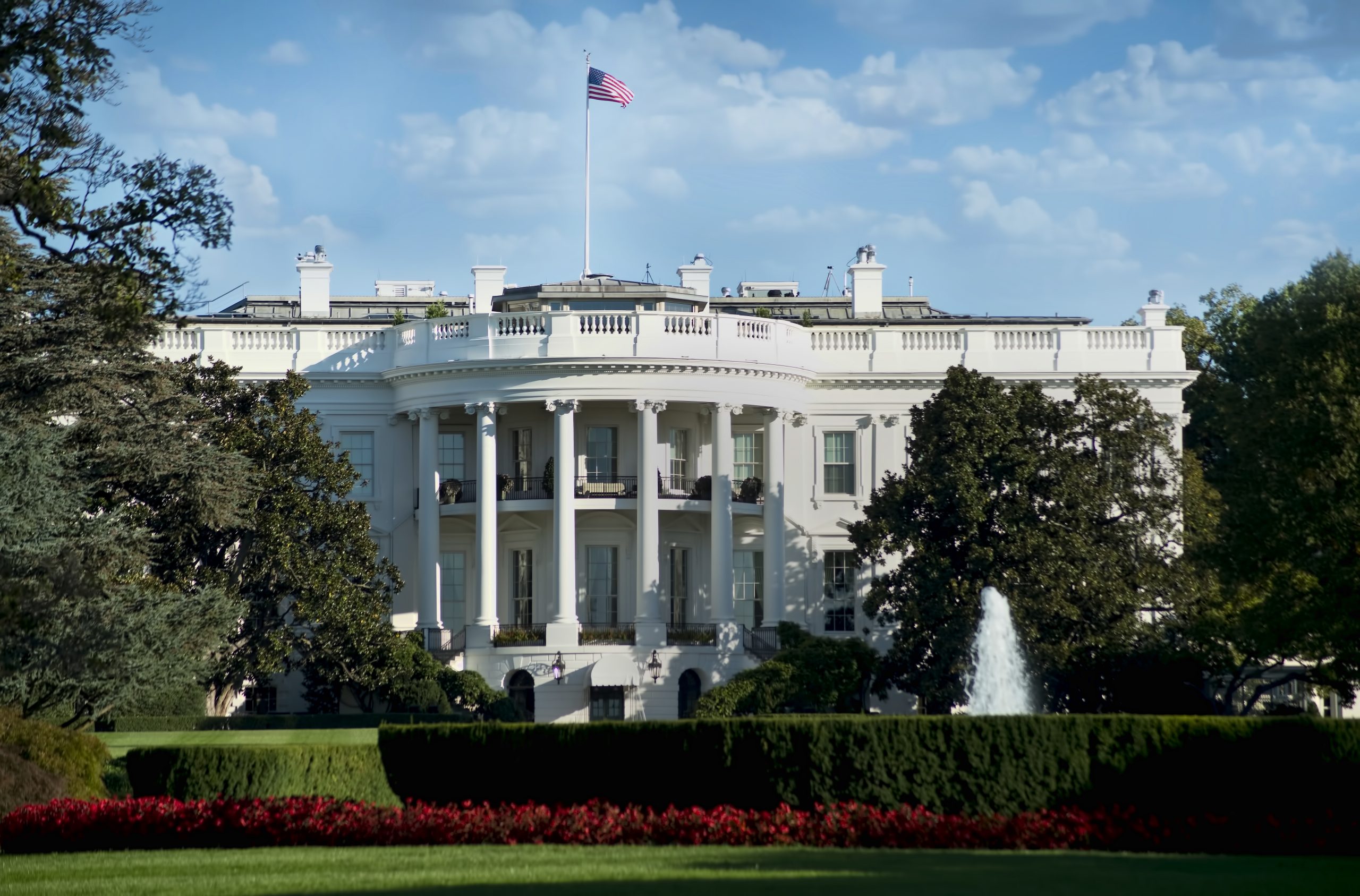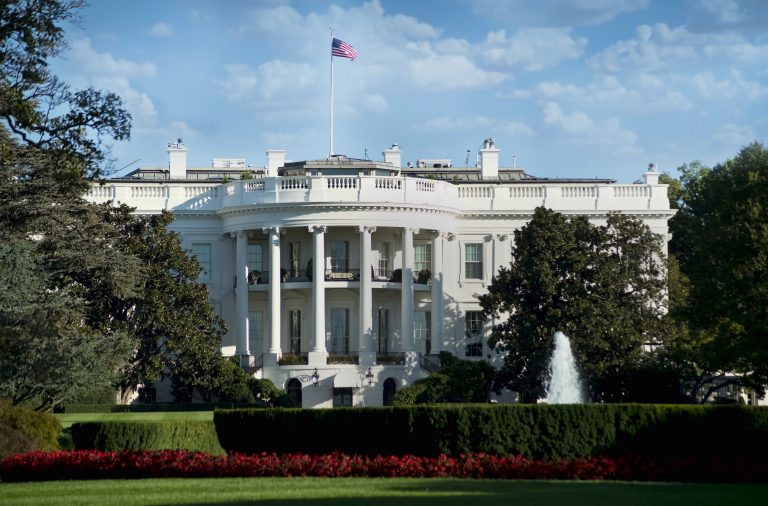In just weeks, sweeping new trade barriers have been erected, impacting hundreds of billions in imports, reigniting a global trade war with ripple effects that are already lapping at the UK’s shores. Stock markets the world over have been in meltdown, wiping more than $5tn from the value of global stock markets in just a few days, which is $1tn more than the US spent during the whole of World War Two.
While the slogans shout “America First”, the consequences are hitting everywhere else. For the UK, the timing could not be worse: the economy is already teetering on the edge of stagnation and is now bracing for a fresh blow. Rising import costs, fractured supply chains and shaken investor confidence are all feeding fears of a global slowdown - or worse, a recession. British exporters face difficult decisions ahead, while consumers brace for higher costs.
Trump’s tariffs may be aimed predominantly at Beijing, but the collateral damage is landing in Manchester, Munich and Milan. It’s a direct threat to industries that depend on open markets, stable supply chains and predictable policy. In this context, three sectors stand out as particularly vulnerable. These are not niche corners of the economy – they touch how we build, what we buy and the technology that powers our daily lives. Here’s where the damage is already likely to show:
Automotive: Driving into a headwind
The UK’s car industry was already navigating a bumpy road – Brexit and Covid-19 hangovers, the EV transition and omnipresent supply chain pressures. But now, tariffs have thrown a further spanner in the works.
With parts and components caught in a tightening web of trade restrictions, European car manufacturers are facing rising costs and dwindling access to US consumers. For UK plants that export a sizeable chunk of their output to US buyers or who rely on global parts networks, the impact is immediate and potentially very painful.
“Automotive supply chains are inherently complex - there are several hundred suppliers feeding into the production of a single vehicle,” says Jimmy Saunders, KR8 Advisory Managing Director. “Components are often supplied on a just-in-time basis, meaning any disruption to final production volumes will rapidly backwash through the supply chain, making capacity-planning and materials-ordering extremely challenging in times of volatility.
“Furthermore, lengthy lead times in development and approval of parts (typically 12-18 months) means the automotive sector as a whole cannot react quickly to change, or to address critical supply chain failure.
“There is likely to be further consolidation in the sector as production volumes reduce and excess capacity is created. It is key for suppliers to ensure they address the impact of reduced volumes by immediately renegotiating pricing and taking bold cost-reduction measures.
“For OEMs, the challenge will be working with, and supporting, those suppliers whose production volumes fall below break-even.”
Technology: Trapped in the crossfire
The global technology industry is again caught in a superpower stand-off and UK companies are far from bystanders. Tariffs on components from China and South East Asia threaten to reignite supply chain disruptions that affect everything from UK-designed semi-conductors to European hardware manufacturers.
With China retaliating in kind, companies in the UK that rely on either market, whether sourcing or selling, are suddenly walking a geopolitical tightrope. The era of cheap, seamless tech production is over and the costs are coming home.
“The fall-out from these tariffs still threatens to disrupt the UK tech sector even if UK companies aren’t directly importing under the new duties,” says Paul Carter-Bell, KR8 Advisory Associate Managing Director.
“The ripple effects from supply chain disruptions and market instability will be felt across the board. As global players face inflated costs for hardware, software and services, UK companies may see their suppliers’ prices rise or experience delays in sourcing crucial components.
“Loss of confidence will inevitably lead to lower investment. The competitive landscape will also shift as tech giants look for new suppliers or manufacturing strategies, possibly shifting attention away from the UK as a preferred market for business and investment.
“The long-term impact could be even more subtle, as shifting global priorities force UK companies to rethink their market strategies. Increased tariffs could lead to new trade barriers or alter the flow of tech talent between regions.
“With key players facing higher production costs and geopolitical tensions mounting, the UK may find itself at a disadvantage when it comes to both innovation and expansion, while the rest of the world adapts to an increasingly fragmented tech ecosystem.”
FMCG: The price of protectionism
From home appliances to fast fashion, UK retailers are already seeing the ripple effects of Trump’s trade crackdown. Many everyday goods depend on complex global supply chains, with goods produced in China and elsewhere shipped through Europe and sold on British high streets.
Now, with tariffs threatening to raise costs and delivery times, those cheap imports are not so cheap anymore. For businesses trying to stay competitive and consumers already squeezed by years of high inflation, Trump’s tariffs are adding fuel to the fire without offering much in return.
“With the calculations of the expected costs of the October budget fresh in their minds and the true cost and impact still to be felt, the latest sledgehammer for UK retail has been swung at the worst possible time by Trump and the threat of an ensuing global trade war,” says Mike Lennon, KR8 Advisory Managing Director.
“Retailers, especially those with significant US presence, will have to navigate the most recent challenge with care. No doubt import prices will increase, but will the consumer be expected to pick up the tab? This may be avoidable in the UK and Europe, but US operations will almost certainly suffer as a result.
“With some of the leading apparel brands based in the US but reliant on production in heavily sanctioned countries, retailers of certain goods will come under increasing pressure.
“It’s difficult to predict with certainty how the evolving tariff war will play out. With this uncertainty, it’s hard for retailers to take steps that do anything other than mitigate the short-term pain that will be felt.”












